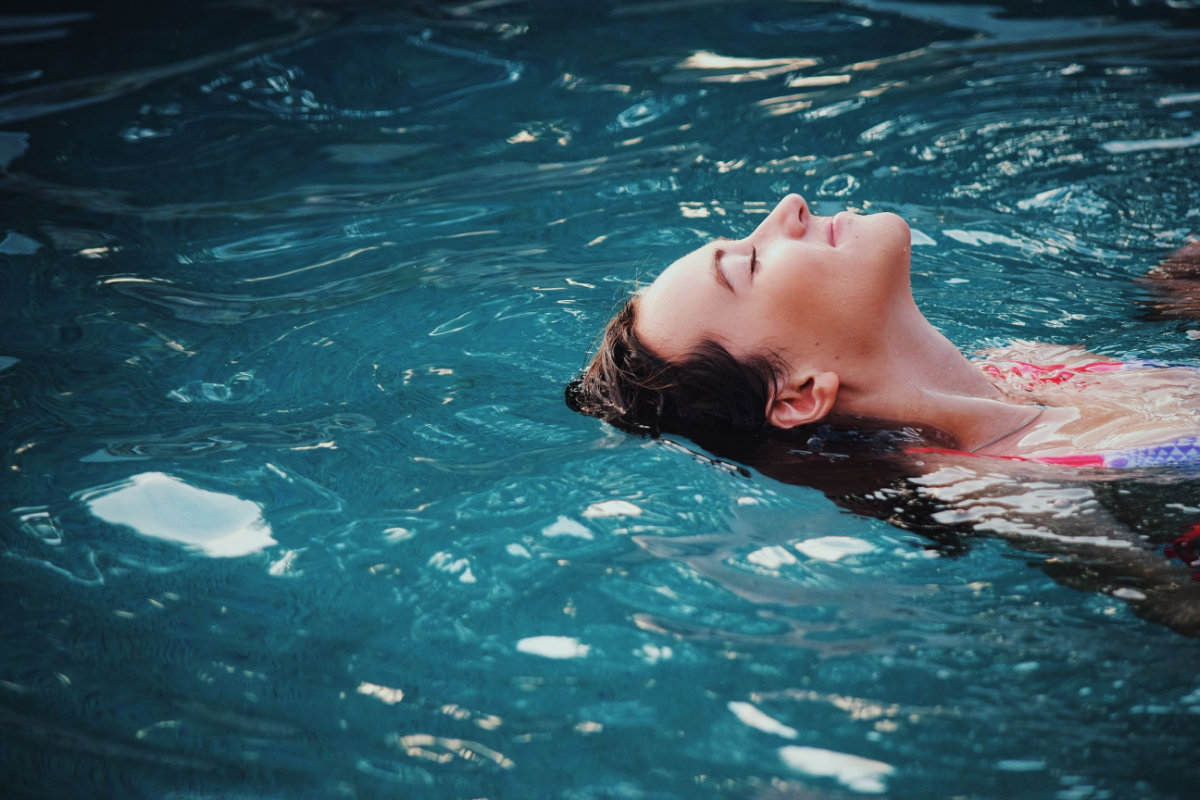
Hydrotherapy
Hydrotherapy, which comes from the Greek word meaning ‘healing water’, is the use of water to maintain health and prevent disease. It is used to treat rheumatic conditions, such as arthritis, as well as musculoskeletal disorders and neurological conditions, for example cerebral palsy, Multiple Sclerosis, paralysis and stroke.
How can it help people with tremor?
Hydrotherapy is particularly useful for the following reasons:
- the water’s buoyancy can support weak muscles and allow limbs to be moved in a less painful manner
- the resistance of the water helps strengthen muscles and limbs
- simply being in the water can be relaxing and provide pain relief
- being in water reduces the fear of falling, so patients feel safer and more comfortable whilst exercising
- exercise releases endorphins (anti-stress hormones) that relieve pain naturally.
Hydrotherapy exercises can be designed to:
- aid relaxation and reduce stress
- improve breathing
- improve balance and coordination
- improve flexibility and strengthen the body.
What should I expect if I join a class?
Firstly make sure that your doctor knows that you intend to try hydrotherapy as it should be approached with caution for certain conditions. The temperature of the water can alter blood pressure and it is important to take care when getting out of the pool. It may be wise to limit the length of each session to around 15 minutes if there are concerns regarding blood pressure.
You should also make sure that your hydrotherapy therapist knows that you have Tremor and do make them aware of any problems you may have with breathing or balance.
Exercises should always be supervised by a trained physiotherapist or qualified teacher who will assess your individual abilities and needs. The exercises can take many different forms and your physiotherapist should design a specific programme for you, to maintain and improve your individual physical abilities. A key part of any session will be warming up and cooling down exercises to avoid the risk of any muscular strain.
Many physiotherapists hold classes in the pools attached to the hydrotherapy unit of a hospital or special centre. These pools are usually comfortably heated and have specialised equipment, such as flotation devices, or attachments that help to increase water resistance, such as those that allow for stationary swimming against a gentle jet of water. Classes may also be available in public pools but you will need to check that these suit your needs and abilities
Always make sure that your teacher or physiotherapist knows that you have Tremor. It may be that under close supervision, you can enjoy and benefit from this therapy but it is important to discuss such safety issues with your doctor and therapist.
Where can I get more information
Your doctor or other healthcare professionals should be able to provide further information.
We would like to acknowledge the use of information taken from the European Parkinson’s Disease Association website http://www.epda.eu.com












